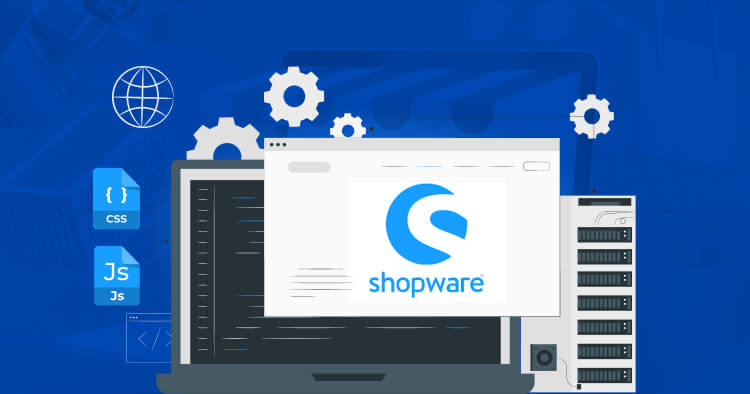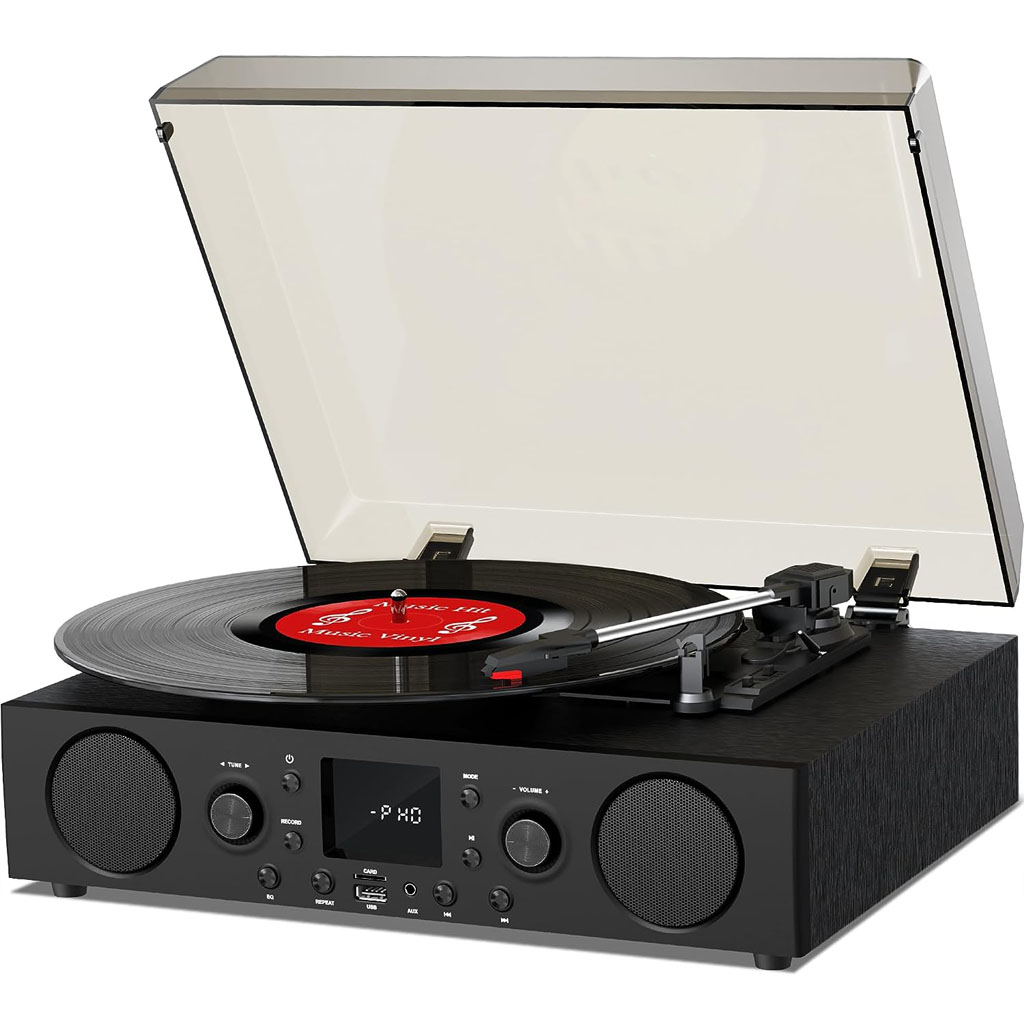
Last Updated | October 13, 2023
In the contemporary e-commerce landscape, providing a seamless and enriched shopping experience is paramount. Shopware, with its advanced technological skeleton and diverse integrations, stands out as a torchbearer in facilitating this imperative need. But what exactly sets Shopware integrations apart, and how can businesses unlock their full potential?
The Versatile World of Shopware
Shopware is a powerhouse in the e-commerce platform arena, offering a scalable solution that fits businesses of all shapes and sizes. From the onset, it has focused on providing retailers with a platform that’s not just user-friendly, but also highly adaptable, addressing the diverse needs that evolve along with the shifting e-commerce landscapes.
Integrating Shopware: The Why and How
Why Integrate:
Enhanced User Experience: By integrating various plugins and tools, businesses can curate a tailored shopping journey for their users.
Operational Efficiency: Streamlined operations result from the integration of ERP and CRM systems, thereby reducing manual efforts and minimizing errors.
Data-Driven Decisions: Leveraging analytics and data management integrations empower businesses to make informed decisions.
How to Integrate:
API Integration: Utilize Shopware’s robust API to integrate various tools and platforms seamlessly.
Plugin Integration: Leverage Shopware’s rich plugin environment to enhance functionality and user experience.
Key Shopware Integrations You Should Explore
-
Payment Gateways
An effective Shopware store integrates various payment gateways like PayPal, Stripe, and Skrill, ensuring a smooth and secure transaction experience for users across various geographical locations.
-
Customer Relationship Management (CRM)
The integration with CRM systems like Salesforce or HubSpot enables retailers to meticulously manage customer interactions, improve relationships, and drive customer loyalty.
-
Enterprise Resource Planning (ERP)
With the integration of ERP systems, such as SAP or Microsoft Dynamics, businesses can streamline their operations by synchronizing data across sales, purchase, and inventory management.
-
Marketing Tools
Integration with marketing tools, like Google Analytics and Mailchimp, empowers retailers to execute effective marketing campaigns and meticulously track their performance.
Conclusion: Integrating Success with Shopware
Unlocking the full potential of your e-commerce business means harnessing the full spectrum of tools and integrations available. Shopware, with its versatile integrations, provides a fertile ground for businesses to not just thrive, but also innovate, ensuring a vibrant and enriched shopping experience for their clientele.
In the realm of digital retail, where competition is fierce and ever-evolving, equipping your Shopware store with astute integrations is not just a strategy, it’s a path to sustainable success.
Source: https://ecommerce.folio3.com/blog/shopware-integrations/






